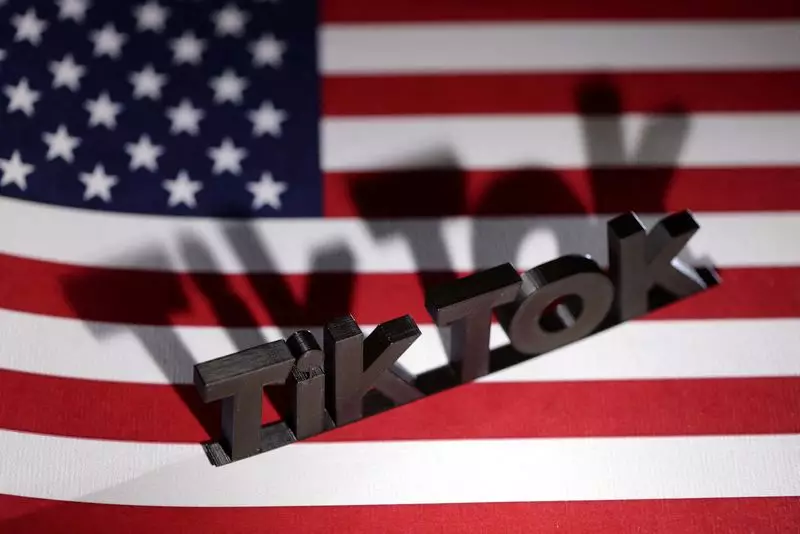In the United States, TikTok has become a cultural phenomenon, yet it is continuously threatened by potential bans due to national security concerns. Reports indicate that Chinese officials are contemplating drastic measures, including the possibility of selling TikTok’s U.S. operations to Elon Musk in a bid to navigate this tumultuous landscape. This information stems from Bloomberg News, which highlights recent conversations among government elites in China about TikTok’s precarious future. The fear of governmental action to restrict or prohibit the app has led to the discussion of alternative solutions—though the possibility remains deeply controversial.
The parent company Bytedance prefers to retain its control over TikTok rather than relinquishing it to a foreign entity such as Musk. Bytedance is reportedly contesting the impending ban through legal avenues, including appealing to the U.S. Supreme Court. This legal move signifies the company’s commitment to fight against what they perceive as unwarranted intrusion into their business operations by the U.S. government. The case appears to hinge on broader themes of national security, casting a shadow over the app’s future in the U.S. market.
Elon Musk, the billionaire known for his ownership of Twitter, now branded as X, is posited as a potential buyer of TikTok’s American operations under a speculative scenario. If such a partnership occurs, it could fundamentally reshape the social media landscape in the U.S. By integrating TikTok with X, Musk could leverage the viral appeal of TikTok to bolster his own platform, thus creating a potent digital entity. However, this proposal raises numerous questions about user privacy, data management, and whether such a merger would alleviate national security concerns or exacerbate them.
The conversation around TikTok’s future is not merely business-oriented; it’s intertwined with legislative and regulatory challenges. Key Chinese authorities, including the Cyberspace Administration and the Ministry of Commerce, are essential players in the outcome of these discussions. However, their silence amid these deliberations has left many speculating about the true intentions and the dynamics at play. The absence of comment from these agencies underscores the complexity of navigating international business relations amid regulatory scrutiny.
Last week, the U.S. Supreme Court indicated a readiness to consider upholding legislation that could lead to a forced sale or an outright ban of TikTok by January 19. The justices appear particularly concerned with the implications of national security posed by ties to Chinese governance. Should the Supreme Court move against TikTok, the ramifications would be monumental, not only impacting millions of American users but also setting a precedent for how foreign tech companies are treated in the U.S.
TikTok’s uncertain future illuminates the interplay between technology, governance, and international relations. The possibility of a sale to Elon Musk opens a new chapter, but the real battle may lie in the legal and political arenas as both China and the U.S. navigate this complex situation. With the Supreme Court poised for a decision, creators, users, and corporate stakeholders alike remain on the edge of their seats, awaiting the outcome that could change everything.

